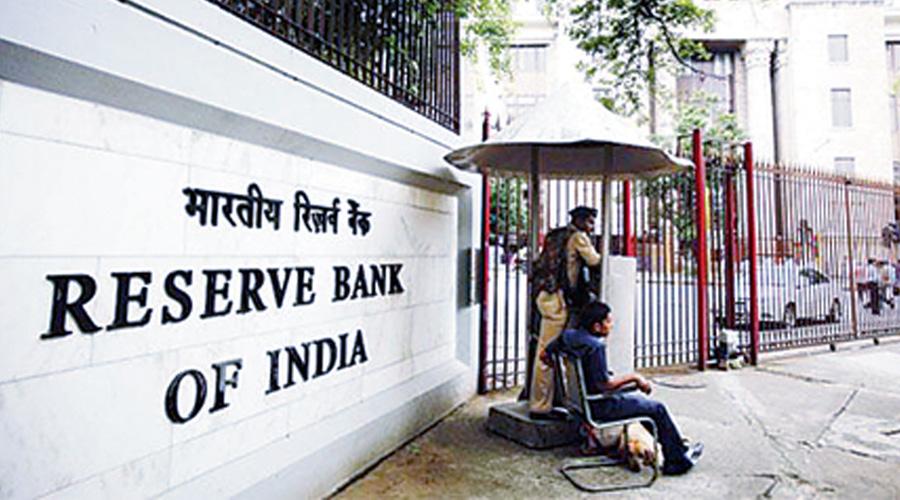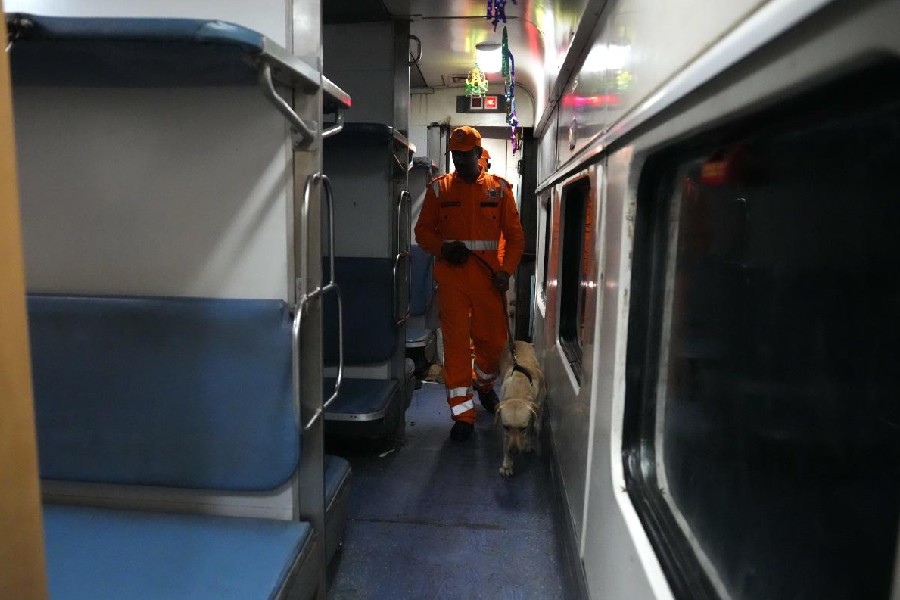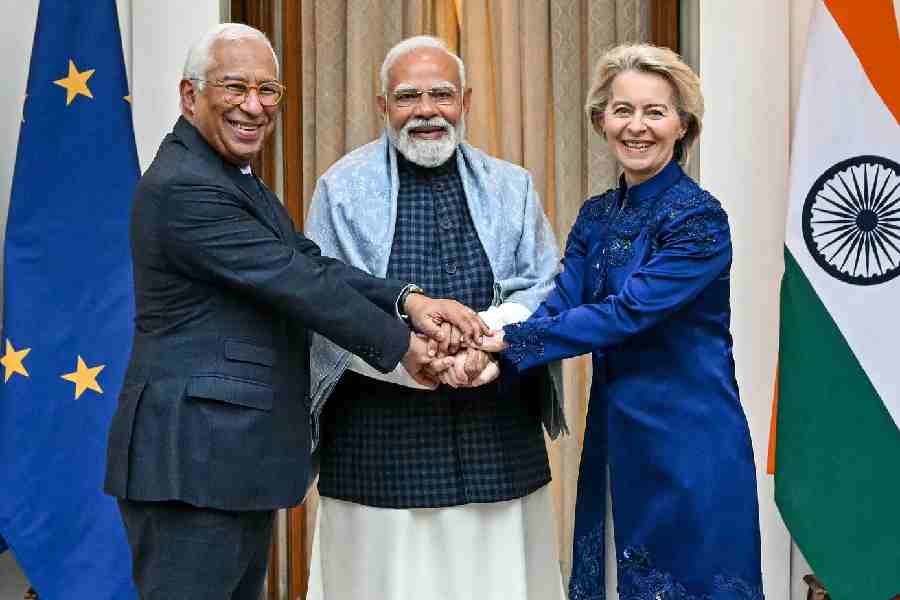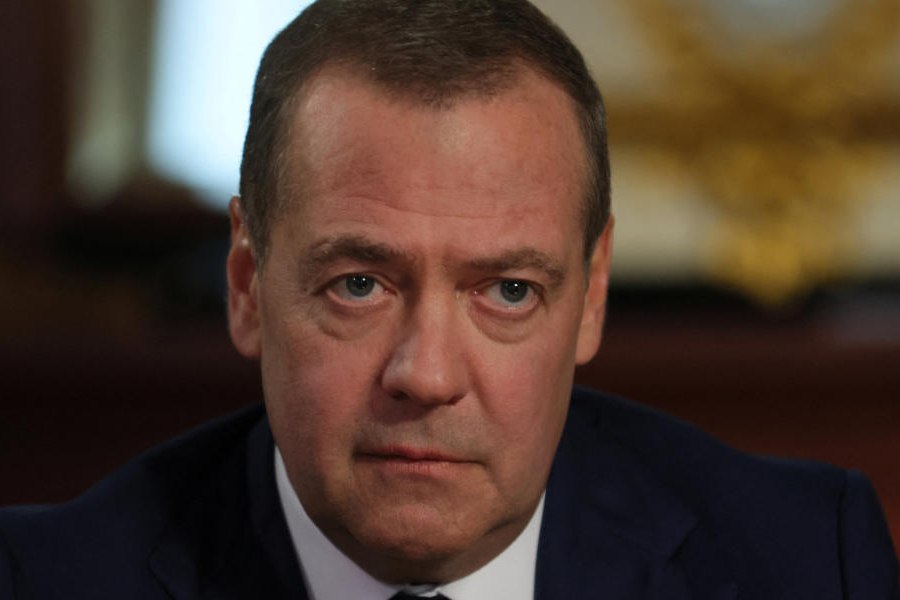The war in Ukraine may force the RBI to review its growth projections made just a month ago, while signalling an upward risk to its inflation forecasts, deputy-governor Michael D Patra said on Friday.
The hostilities come at a time India’s growth story “remains as weak as it was at the time of the 2013 taper tantrum’’, Patra said.
The geo-political tension has now tilted the balance of risks downwards when it comes to growth, he said.
At its February meeting, the monetary policy committee (MPC) of the RBI had forecast India’s real GDP growth for 2022-23 at 7.8 per cent, down from 9.2 per cent in this fiscal.
On the other hand, it had estimated the CPI (consumer price index)-based inflation for 2022-23 at 4.5 per cent.
These projections were made when international crude oil prices were below the $100-per-barrel mark. Since the hostilities began, prices of the feedstock have consistently remained above $100 and is currently trading at over $110 per barrel.
Delivering the keynote address at an event organised by the IMC Chamber of Commerce and Industry here, Patra admitted the recent geopolitical developments pose an upside risk to its inflation projections. The upcoming meeting of MPC in April will provide a “thorough re-assessment’’ of the situation.
This is the first time that the RBI has admitted that it may have to revise its inflation forecasts because of the war.
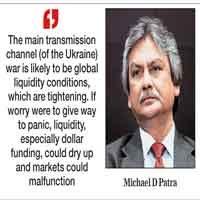
After the February meeting of the RBI, many analysts had said the central bank was being dovish in its views.
RBI governor Shaktikanta Das had said the inflation projections were based on various scenarios for crude oil price, both on the downside and upside.
Pointing out that that international crude prices present an overwhelming risk, the RBI deputy-governor made a case for reduction in fuel duties.
He said there was a headroom to adjust excise duties, which can delay the pass-through to pump prices.
In food, India’s record production and its buffer stocks should help to keep prices in check.
“While the fallout of the geopolitical situation is being assessed and will be factored into our projections, it is reasonable to treat it as a supply shock at this stage in the setting of monetary policy.”
The RBI deputy-governor warned of the contagian impact of the war on India’s growth, though there were limited direct trade and finance exposures to Russia and Ukraine.
“The main transmission channel is likely to be global liquidity conditions, which are tightening. If worry were to give way to panic, liquidity, especially US dollar funding, could dry up and markets could malfunction.”
"With crude oil still above $100 per barrel, new macroeconomic headwinds could be a second channel of contagion. A third channel could be the reassessment of geopolitical risk by markets and investors, which could inflate country-risk premiums, raise the cost of funding for EMEs and reduce investment volumes’’, he said.

